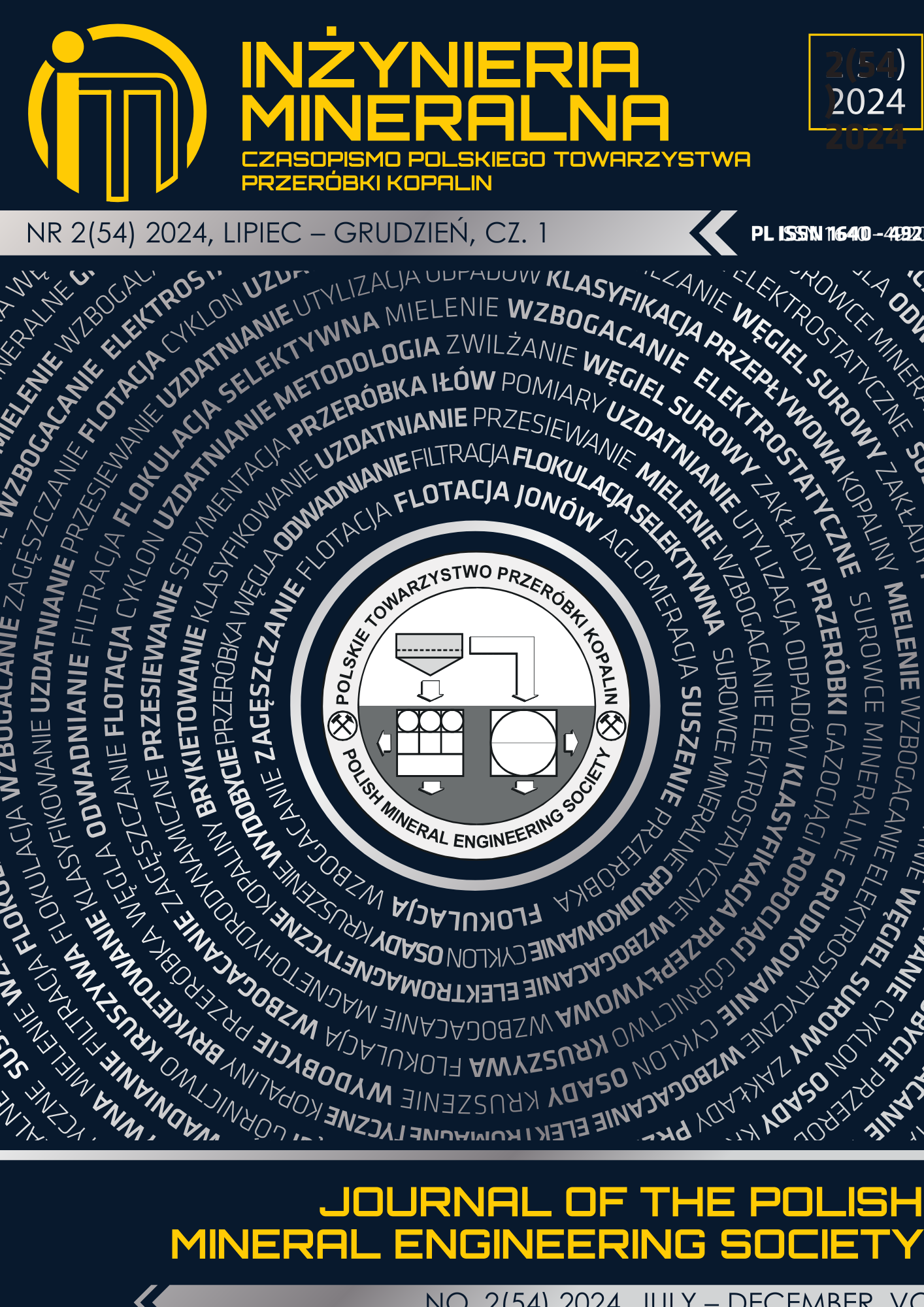Assessment of the level of Demand Response based on Hydrogen Charging Stations in Korea
Abstract
Hydrogen is an environmentally friendly energy that produces heat and electricity with high energy efficiency and does not emit harmful substances. It is already attracting global attention as a key energy for the transition to carbon neutrality. Recently, as the number of transportation facilities using hydrogen as a primary fuel has increased, it has become important to forecast demand with this in mind. In Korea, the 2019 roadmap to revitalize the hydrogen economy sets the goal of providing 67,000 hydrogen vehicles and 310 hydrogen charging stations in 2022, 850,000 hydrogen vehicles and 660 hydrogen charging stations in 2030, and 2.9 million hydrogen vehicles and 1,200 hydrogen charging stations in 2040. However, as of December 31, 2022, the number of registered hydrogen vehicles is approximately 30,000 and the number of hydrogen charging stations is 220, which does not meet the distribution target. The lack of hydrogen charging stations inconveniences hydrogen vehicle users, and hydrogen charging stations continue to experience deficits due to the lack of charging vehicles. Accordingly, in this study, based on hydrogen charging stations in Korea, the utilization rate of hydrogen charging stations and the level of demand response at charging stations were estimated by queuing theory. This is to evaluate the suitability of hydrogen charging station distribution.
This journal permits and encourages authors to post items submitted to the journal on personal websites or institutional repositories both prior to and after publication, while providing bibliographic details that credit, if applicable, its publication in this journal.







.png)
